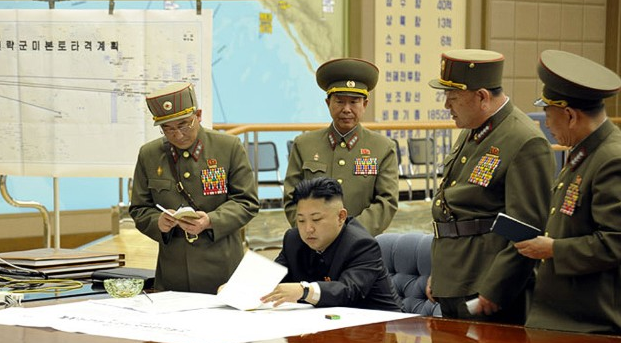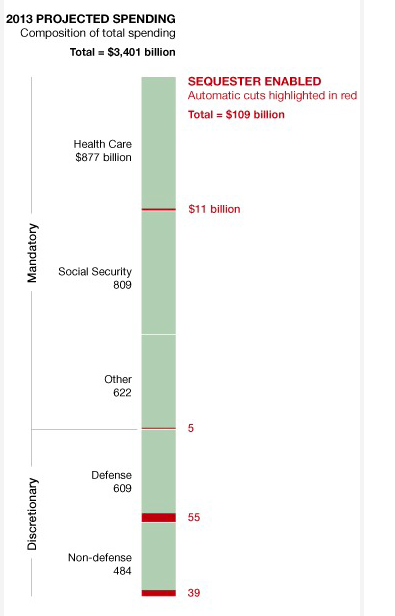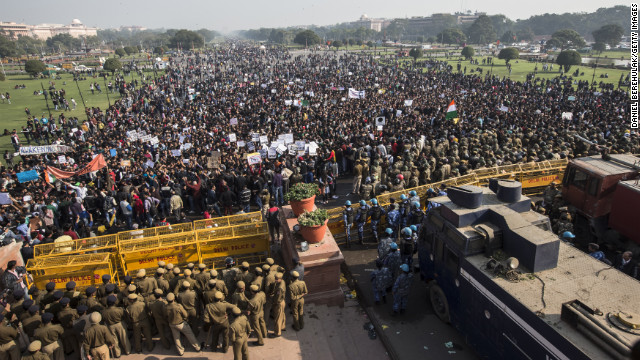Breaking news! Today, the United Nations General Assembly passed the first ever global arms trade treaty that aims to introduce regulations on the $70 billion international arms industry. With 154 votes for, 23 abstentions and only 3 against (Iran, Syria, and North Korea… no surprises here), it seems likely that this treaty will easily locate the 50 signatories it needs to be ratified once it is open for signatures on June 3rd.
The treaty specifically deals with cross-border transfers of conventional weapons (everything ranging from hand grenades to tanks and warships), creating binding standards of trade, including requirements for states to review any cross-border arms contracts so as to prevent any trade facilitating human rights abuses, terrorism or violations of humanitarian law. Read more about the U.N. Arms Trade Treaty here.
U.S. Secretary of State, John Kerry, characterizes the treaty as “a strong, effective and implementable Arms Trade Treaty (ATT) that can strengthen global security while protecting the sovereign right of states to conduct legitimate arms trade.” I agree with his assessment; this is a step in the right direction for the promotion of sustainable international peace. It’s a pity that gun control reform measures undertaken by the U.S., domestically, have failed to make it through the dysfunctional halls of Congress unscathed. The tragedy at Newtown, Conn. was supposedly a wake-up call, but it appears that the U.S. government has decided to press the ‘Snooze’ button.


